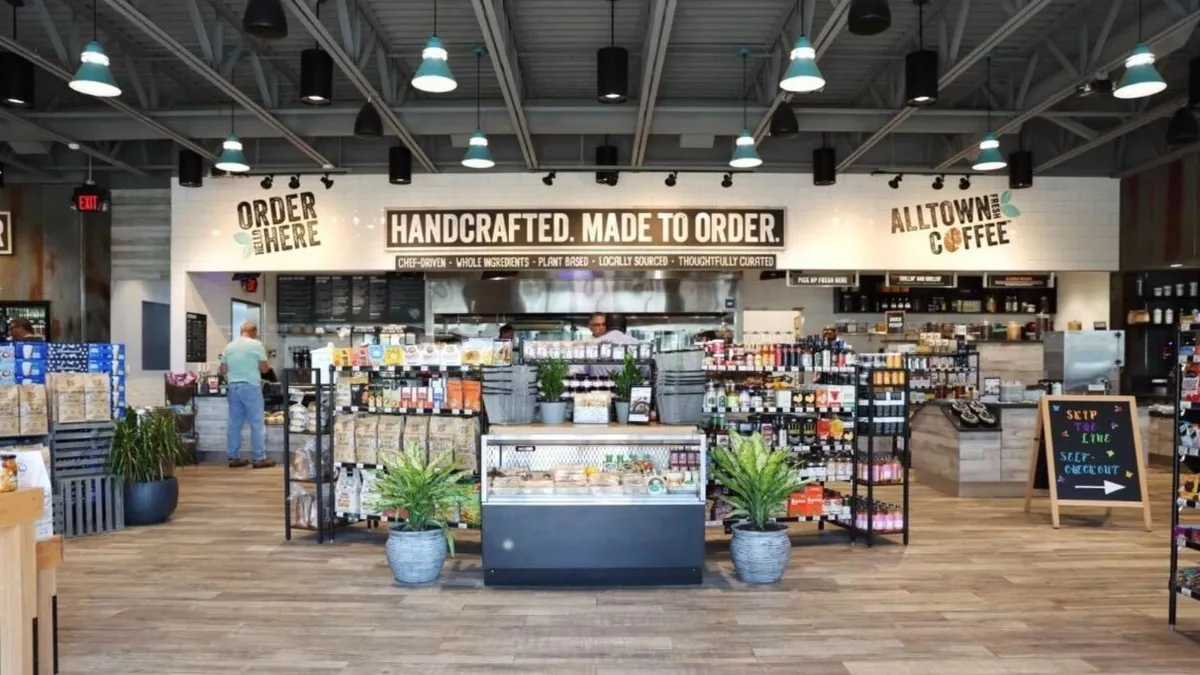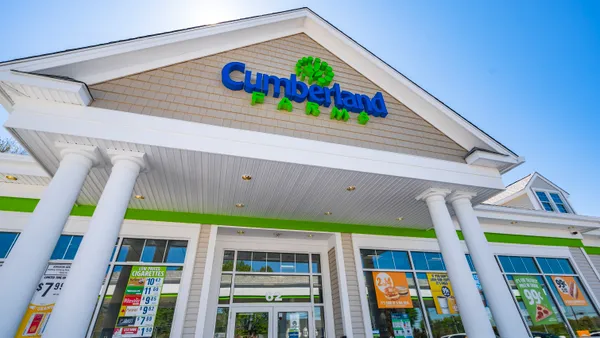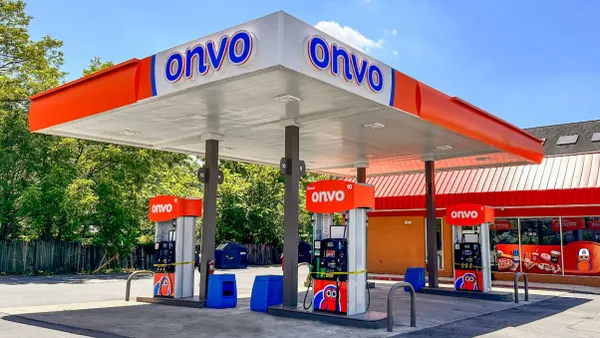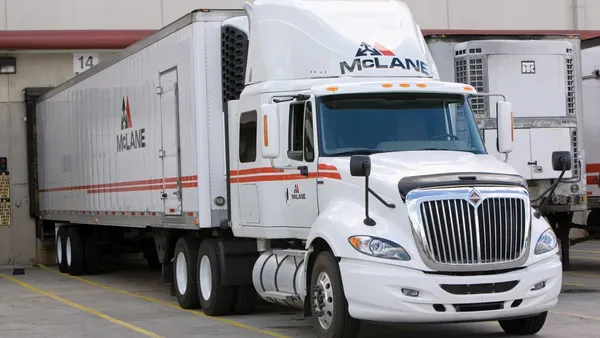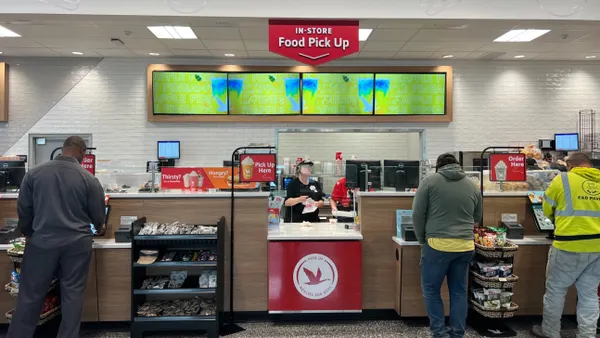Since it opened its first convenience store in 2019, Alltown Fresh has put made-to-order foodservice at the center of its business.
The chain’s 16 c-stores across Massachusetts, New York, Connecticut and New Hampshire offer several homemade takes on breakfast sandwiches and burritos, salads, wraps, protein bowls and smoothies. Some locations even offer a barbecue menu featuring pulled pork, brisket, smoked chicken, biscuits and cornbread.
Although the retailer prioritizes its fresh food program, it isn’t neglecting the traditional c-store customer seeking chips and a soda.
Balancing its freshly prepared menu with the conventional grab-and-go model is something Alltown Fresh is still trying to figure out, Jason Lord, corporate chef for the Waltham, Massachusetts-based retailer, said in a panel discussion during Invenco’s 2025 Retail Technology Conference on April 2.
“You don't want to alienate your ‘Cokes and smokes’ [customers] — they’re still your basic guests,” he said.

Alltown Fresh, owned by energy supply company Global Partners, is one of several popular c-store retailers investing in restaurant-style, fresh food programs — a concept that has steadily grown across the industry in recent years. About 27% of c-store shoppers purchased more freshly prepared items in 2024 than in 2023, according to Acosta Group.
But customizable, freshly prepared food at a c-store isn’t for everyone. Some retailers, such as Salt Lake City-based Maverik, have scaled back such efforts to focus more on “craveable” items over healthier ones. In C-Store Dive’s 2024 industry predictions outlook, experts said they thought the “hybrid” foodservice model — in which retailers utilize made-to-order and grab-and-go formats — would surge.
“You don't want to alienate your ‘Cokes and smokes’ [customers] — they’re still your basic guests."

Jason Lord
Corporate chef, Alltown Fresh
Global Partners’ goal from the time it launched Alltown Fresh six years ago was to “disrupt everything” in c-store foodservice with a better-for-you approach, Lord said.
Its first location featured the company’s farmstand-style market, which offered freshly prepared organic, vegan and vegetarian meals sourced from local vendors and free of artificial ingredients or dyes.
Lord said that Alltown Fresh’s food program “started off a little too far” from the traditional grab-and-go c-store offering, without offering specifics. At a certain point, the company “pulled it back a little bit,” Lord added.
“We're trying to figure out our space there,” he said.
Locations today still feature the freshly prepared food model, with a chef, sous chef and general manager working in each kitchen, Lord said. Each store has a QSR-style counter where guests can see their food being prepared in real time, similar to that of a Chipotle or Sweetgreen. Customers can dine-in both inside the store and, at some locations, at the outdoor patio. Lord even makes the occasional recipe video tutorial that guests can watch on the retailer’s website.
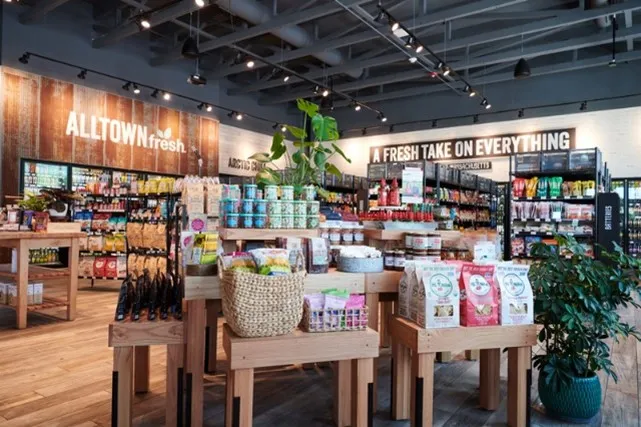
The company is looking to expand its menu by experimenting with new concepts that take inspiration from Indian and Chinese cuisine. But for the most part, Alltown Fresh tries to design and promote its menu in a way that connects with traditional c-store customers, Lord said. As a result, customers are coming in for both the freshly prepared items as well as staples like milk and protein bars.
“You want to be able to simplify the menu enough so that the chef can go and chat with your guests,” he said.
Whichever route a c-store retailer takes with its foodservice program, building an internal culture around hospitality is key to its success, Lord said.
“I shop at the same community store in my neighborhood because I get a hello when I come in… and a heartfelt goodbye,” he said. “I really believe it makes a difference.”



